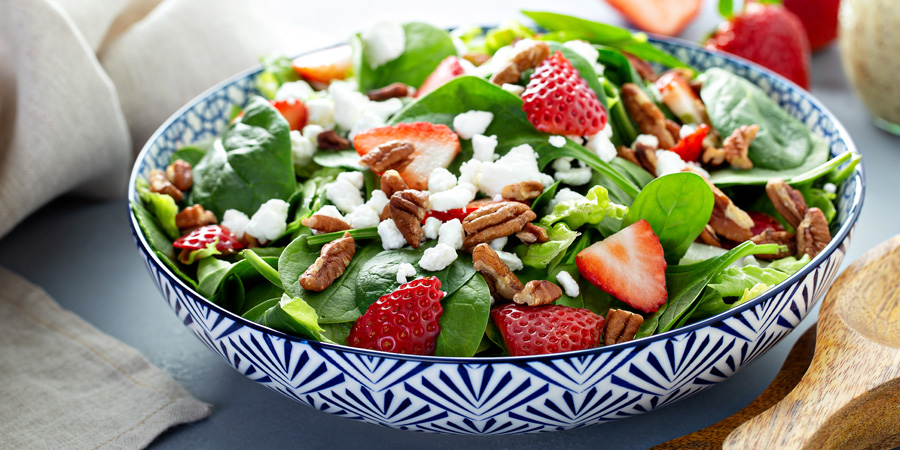Polyphenols: components of fruit and vegetables with multiple health benefits
Editorial

Polyphenols, such as flavonoids, phenolic acids, stilbenes and lignans, are bioactive compounds exclusively found in plant food and beverages. These substances have been of great interest over these last years based on the growing scientific evidence of their contribution to the benefit of their food sources consumption for human health. By different mechanisms related to their absorption and metabolism, polyphenols can increase the antioxidant defense systems of the body, regulate some key cellular processes, such as those involved in inflammation, cell proliferation or atherosclerosis development, and can improve several metabolic pathways.
Since fruit and vegetables are known to be great sources of polyphenols, this month, the Global Fruit and Vegetables Newsletter focuses on the role of these compounds and their health benefits. The issue will highlight three articles that discuss the role of specific phenolic compounds in preventing certain diseases such as cognitive decline, type 2 diabetes and cancer.
The first article (Cheng et al., 2022) is a meta-analysis of randomized controlled trials evaluating the effects of dietary flavonoids on cognition across the lifespan. According to this work, dietary flavonoids induced significant benefit to cognitive performance with the most notable improvements found for cocoa, ginkgo and berries.
The second article (Woo et al., 2024) is a 6 years follow up which examined the associations between dietary intake of flavonoids and their food sources and the risk of type 2 diabetes in 16,666 Korean men and women. Results show that women with a higher intake of total flavonoids, flavonols, isoflavones and proanthocyanidins had a lower risk of type 2 diabetes, while in men, flavanones, anthocyanins and proanthocyanidins, but not total flavonoids, were inversely associated with the risk of type 2 diabetes.
The third article (Delgado-Gonzalez et al., 2023) is a review that examines the antioxidant properties and chemopreventive role of polyphenols and carotenoids found in vegetables, fruit and seeds. These compounds have been found to reduce reactive oxygen species and inflammation in the intestine, which are two of the leading causes of cancer.
All these three articles confirm the interest of dietary polyphenols for human health, especially to prevent non communicable diseases and age-related dysfunctions.
Christine Morand is a research director at INRAe (Institut national de recherche pour l’agriculture, l’alimentation et l’environnement) and works at the Human Nutrition Unit in Clermont-Ferrand, where she heads the research team focusing on “Food, plant bioactives and vascular health”. She and the researchers in her group have been experts for many years in research into dietary polyphenols, including their bioavailability, metabolism and health effects, particularly those linked to vascular protection. This research ranges from demonstrating the physiological effects of polyphenols in humans (intervention studies) to identifying the cellular and molecular mechanisms of action (studies in animals and cell models), combining targeted and high-throughput approaches (nutrigenomics). She is also Editor-in-Chief of the international scientific journal Food and Function (Royal Society of Chemistry, Cambridge, UK).

